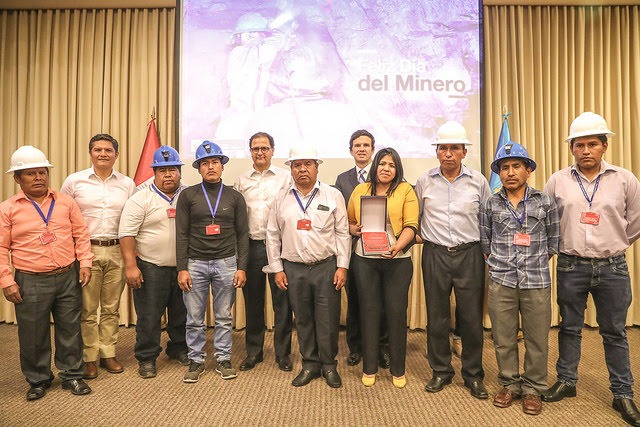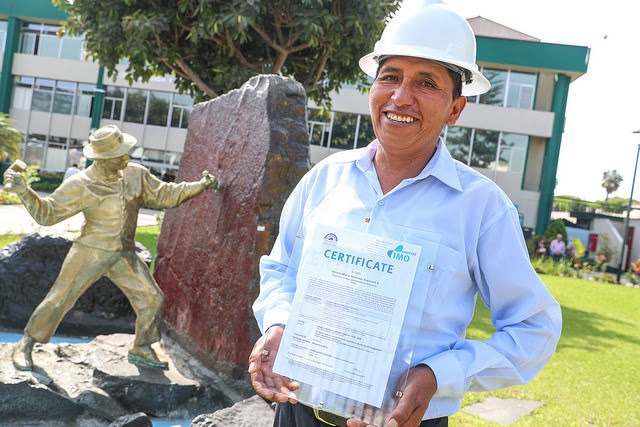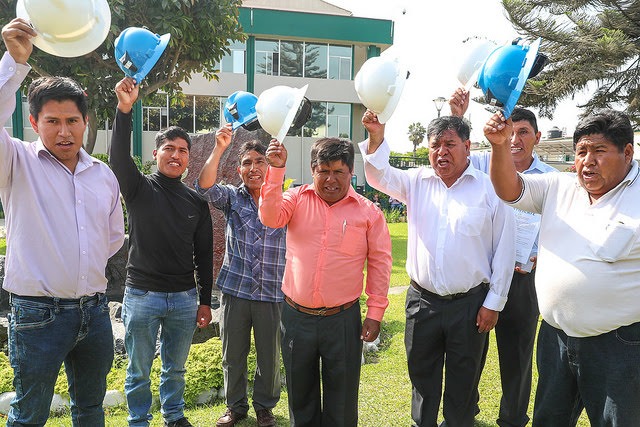
Artisanal mining attracts criticism in South America because of the lack of regulation and widespread employment of unlicensed miners. It is also seen as a contributing factor to social conflict and environmental damage.
The effect of deforestation, mercury pollution in rivers and soil degradation have attracted extensive media coverage, as have social problems such as prostitution, human trafficking, domestic violence linked to alcohol abuse, and narcotics trafficking. Recent reports have highlighted the increase in illegal artisanal mining across the Tambopata nature reserve, in the Madre de Dios region of the Peruvian Amazon.
Nevertheless, mining is the most important sector of Peru’s economy, accounting for 10% of GDP. The Andean country is the largest gold producer in Latin America and leads the global rankings for certified gold production. Between January and November 2018, 6,412 small-scale miners achieved formalization and the government has set a target of formalizing 10,000 miners in 2019.
Boosting formal and fairmined gold
On December 5th the Minister of Energy and Mines, Francisco Ísmodes, and the Director of Mining Formalization, Lenin Valencia, officially commended San Luis on successfully attaining Fairmined certification. The ceremony was also attended by representatives of Solidaridad and the Alliance for Responsible Mining (ARM), who jointly provided technical assistance to the miners along their certification process.
December 5th is a national holiday for miners in Peru, to mark the anniversary of the protests in 1989 when miners from all over the country demanded better labour conditions, and recognition for their contribution to the national economy.
Miners in the informal sector do not receive fair prices for their gold and are more likely to be exploited. The lack of safety equipment means conditions are often more hazardous for them and present a risk to their health. Achieving Fairmined certification reflects the efforts made to secure better working conditions in the sector.

Ísmodes said that the Ministry intends to improve and simplify the legal framework that often hampers the formalization process for small artisanal miners so that the government can facilitate better working conditions and meet its target for 2019.
Valencia commented that through formalization and certification will enable Minera San Luis to access international markets that offer them better earning potential.
"Minera Artesanal San Luis will be recognized for responsible practices in the small mining sector globally", he said.
Henry Puma, San Luis's General Manager, said the company is now looking to form strategic alliances so that it can be more active in international markets in Europe, Asia and North America.

Solidaridad gold programme
Solidaridad’s gold programme works towards establishing a responsible gold supply chain based on three action points: i) improving the livelihoods of the most vulnerable people in the gold supply chain; ii) introducing good practices into artisanal and small-scale mining; iii) developing sustainable markets with traceability in the sector.
Following this strategic plan, Solidaridad has provided since 2016 technical assistance for formalization and certification process to two artisanal mining companies, San Luis, Macdesa and Fidami (In the south of Peru).
For more information on Solidaridad’s work to formalize Artisanal Small-Scale Mining in Peru, click here
For more information on Solidaridad's Gold Programma click here.
